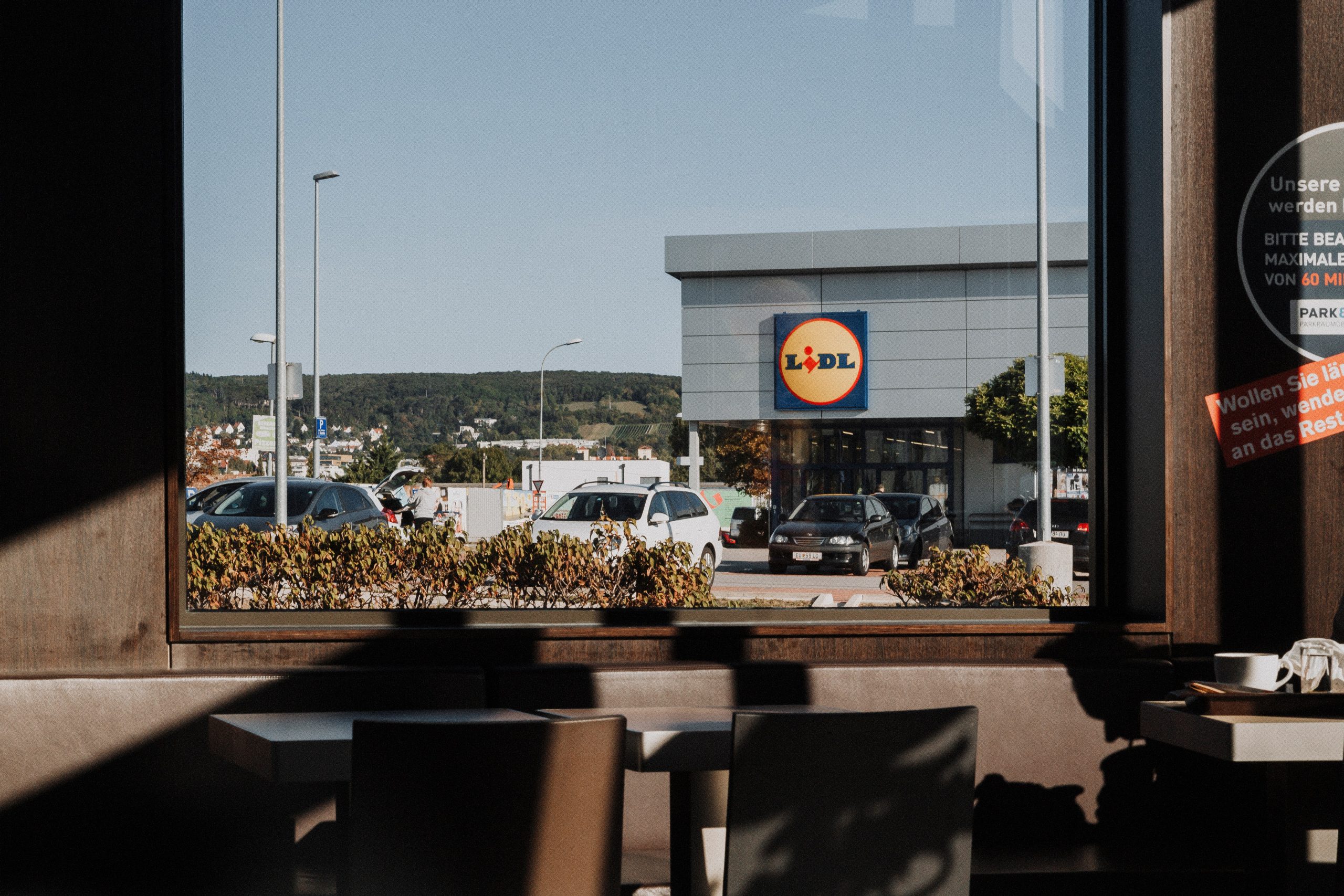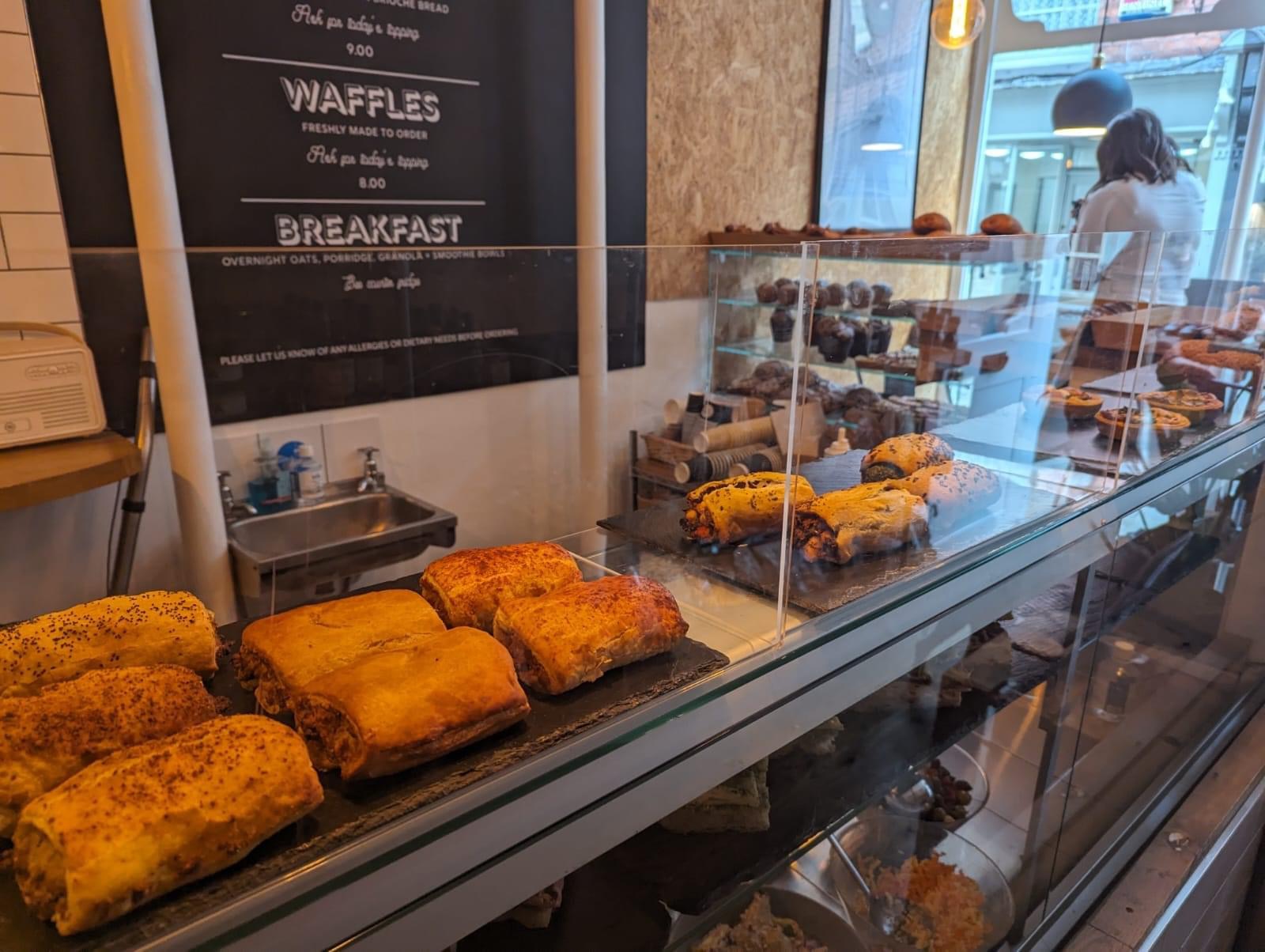Asda is concerned about the loss of trees and retail impact if Lidl get go ahead to build a store on Three Counties Hotel site.
A letter submitted by Jigsaw Planning on behalf of Asda Stores Limited says:
The proposed development will see the demolition of the Three Counties Hotel which is a trading business. The applicants Planning Statement references policies from the Herefordshire Local Plan Core Strategy at section 5.8 onwards. One policy it refers to is Policy SCI which relates to social and community facilities.
The Planning Statement dismisses this policy as not being relevant to the
proposal as hotel does not fall within the list of facilities listed in the supporting text. It should be noted that the supporting texts states “social and community facilities can include:” (our emphasis).
It does not therefore seek to provide an extensive list of facilities that can be covered by the policy.
The hotel’s website www.threecountieshotel.co.uk confirms that the hotel has a restaurant, bar and offers weddings as well as providing traditional accommodation. The website confirms that the bar facilities are for “residents and non-residents alike”. It is clear from this that the hotel offers facilities for use by the local community through the bar and restaurant as well as hosting weddings and conferences. This is also confirmed by some of the representations to the application which confirm local residents opposition to the loss of the local facility.
As such it is considered that the proposal should be assessed against policy SCI. The policy states:
‘Policy SCI – Social and community facilities
Development proposals which protect, retain or enhance existing social and community infrastructure or ensure that new facilities are available as locally as possible will be supported. Such proposals should be in or close to settlements, have considered the potential for co-location of facilities and where possible be safely accessible by foot, by cycle and public transport.
New development that creates a need for additional social and community facilities that cannot be met through existing social facilities -will be expected to meet the additional requirements through new, or extension of existing, provision or by developer contributions which meet the relevant tests of paragraph 204 of the NPPF.
Proposals involving the provision or expansion of social and community facilities will be expected to provide publicly accessible toilets (including facilities for disabled people and baby changing).
Existing facilities will be retained, unless it can be demonstrated that an appropriate alternative facility is available, or can be provided to meet the needs of the community affected; or it can be shown that the facility is no longer required, viable or is no longer fit for purpose; and where appropriate, it has been vacant and marketed for community use without success. Viable alternative facilities must be equivalent to those they replace. In terms of size, quality and accessibility.”
There is no information to indicate that the existing facilities are no longer required, viable or fit for purpose. The proposal is therefore contrary to this policy.
Retail Impact
Planning law requires that applications for planning permission be determined in accordance with the development plan, unless material considerations indicate otherwise. The National Planning Policy
Framework 2021 (“NPPF”) is a material consideration in planning decisions.
NPPF carries a presumption in favour of sustainable development albeit this does not change the statutory status of the development plan as the starting point for decision making. Chapter 7 of the NPPF seeks to ensure the vitality of Town Centres.
In terms of retail impact, the applicant suggests that Lidl’s trading philosophies differs from a traditional supermarket by selling from a limited core range (compared to other supermarkets) of mainly exclusive own labels. Flow ever, whilst this may have been the original philosophy of the ‘deep discounter’ it is evident that there has been a slow but steady change towards that of a traditional supermarket when considering store size, ranges on offer, proportion of comparison goods, and labelled goods. This would be reflective in the turnover being more akin to that of other food store operators. The applicant has overstated the difference between the proposed operator and the existing supermarkets in the area. The proposed will compete with the town centre stores and therefore the Council must set aside the ‘discounter’ case which the applicant relies so heavily on.




